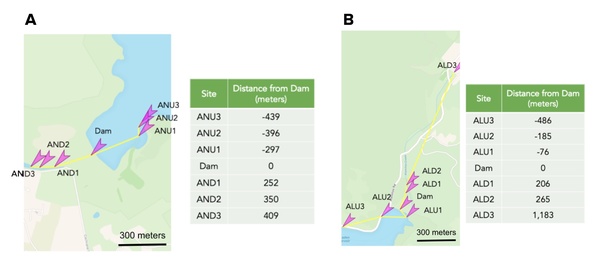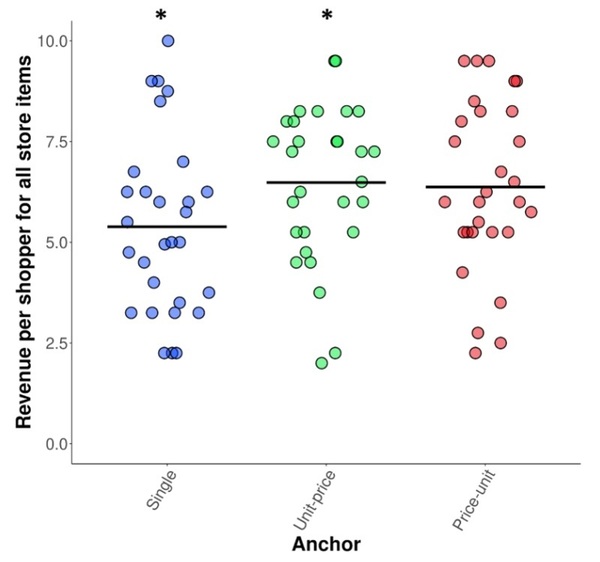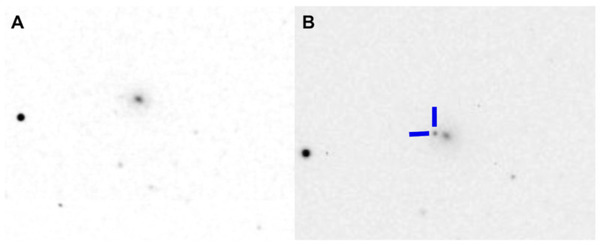
Two dams in Santa Clara County were evaluated for water and soil nitrate levels in order to determine whether nitrification rates were higher upstream than downstream of the dam. This could indicate a detrimental effect of dams on the nitration cycle in the environment.
Read More...







